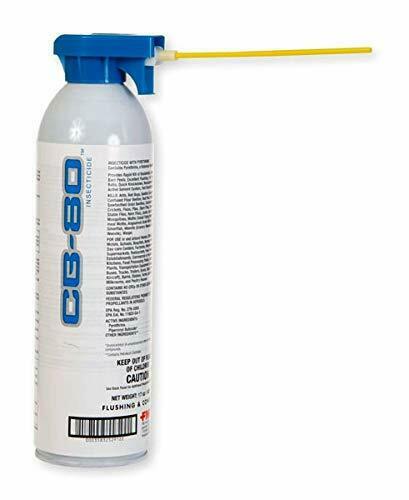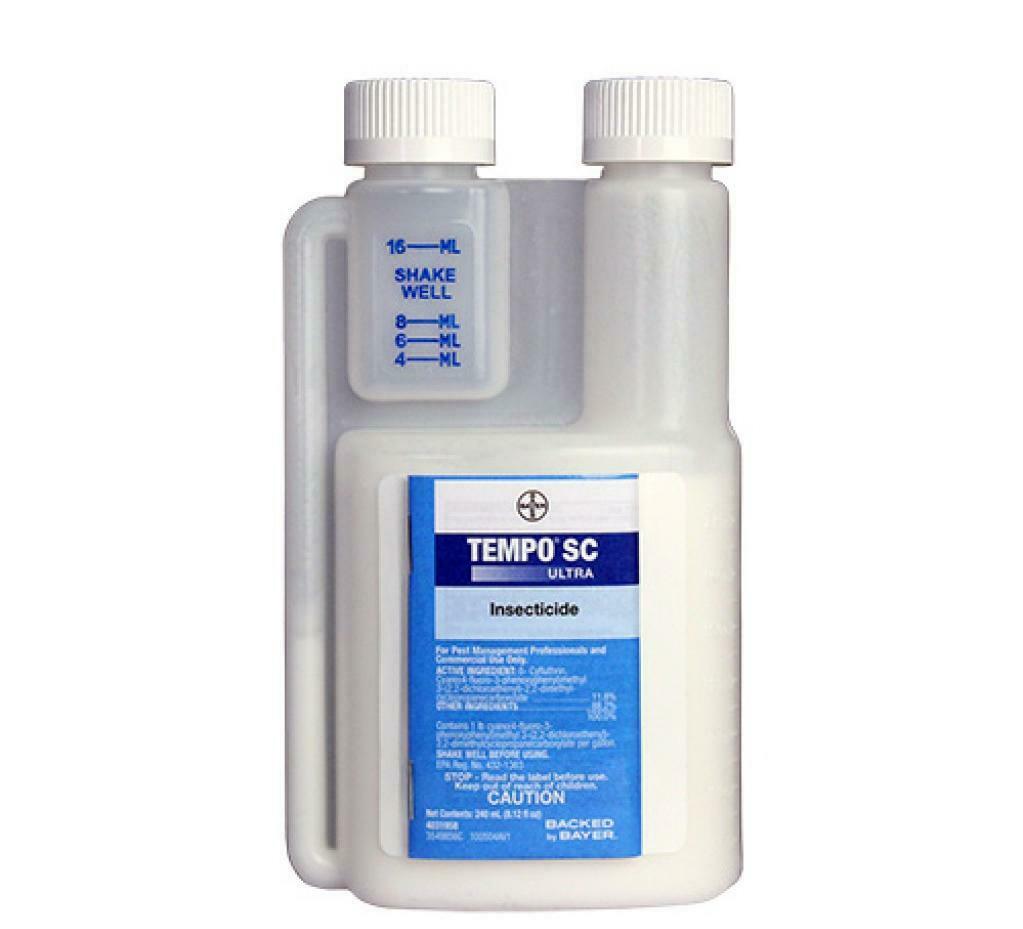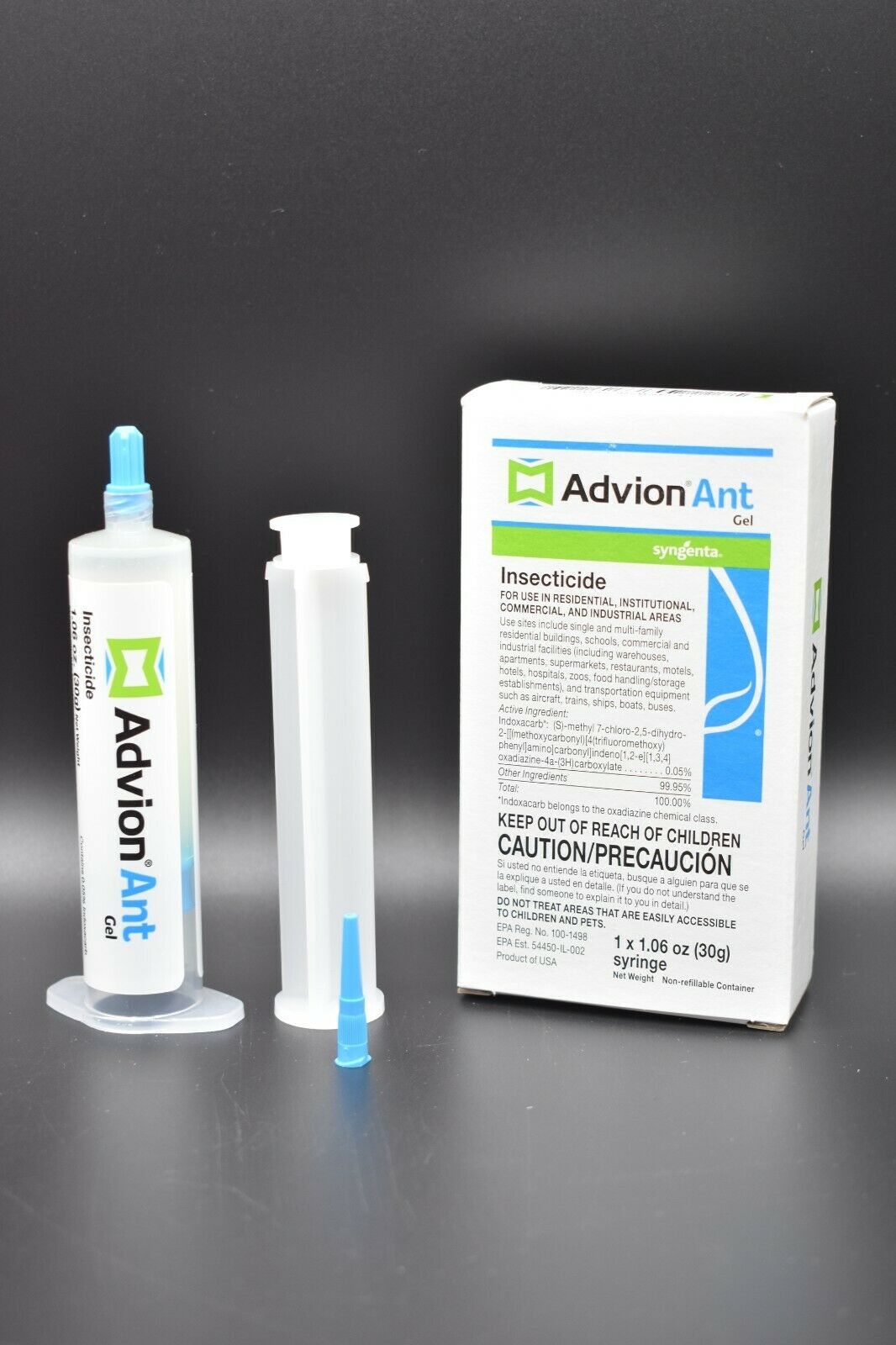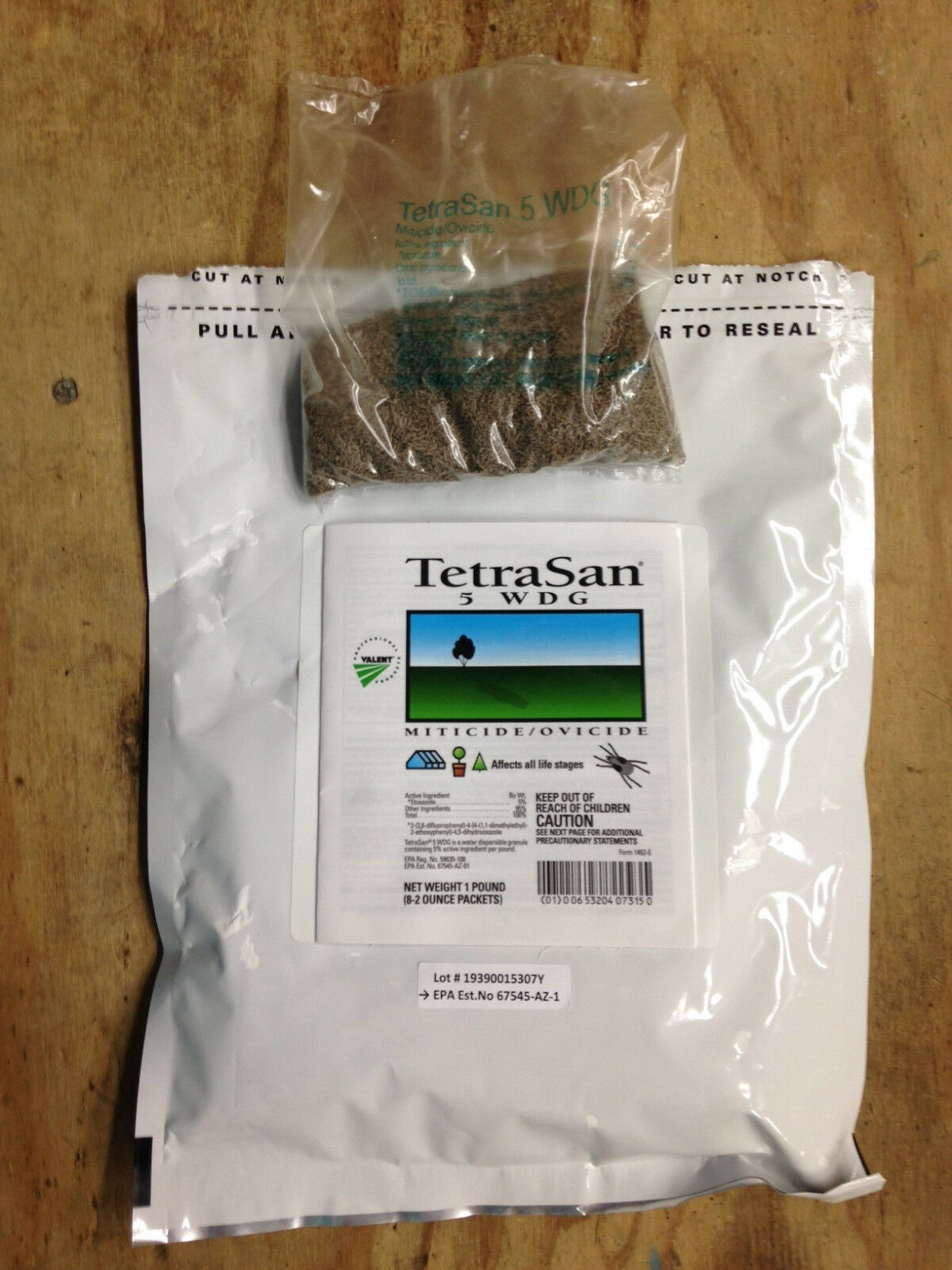-40%
Praying Mantis Egg Case With Hatching Habitat Cup- 5 Praying Mantids Egg Cases
$ 17.16
- Description
- Size Guide
Description
Praying Mantis Egg Case With Hatching Habitat Cup- 5 Praying Mantis Egg Cases5 Praying Mantis Egg Cases - Live Praying Mantis
Each Mantis Egg Case has approx 50 to 200 baby live praying mantis
This product comes with a unique hatching habitat
We Guarantee the Praying Mantis Pods to hatch!
Hatching habitat has a custom window for easy monitoring.
Mantis are territorial stalkers of insects. They will spend days waiting and tracking their prey. The praying mantis moves its head to keep its prey in sight. Its head stimulates special receptors that send out nerve impulses that instantly adjust the distance and angle of the mantis quick strike. It delivers a bite to the neck, killing the insect and then savors the meal. That's how they work. The praying mantis is an awesome, showy creature and can help to control garden insect pests the organic way. They are also very interesting to have around.
Product information:
Mantis egg cases are contained in either paper cups or pouches each egg case will hatch out 50-200 mantis. When hatching, the young crawl from between tiny flaps in the egg case and hang from silken threads about 2 inches below the case. After drying out, the young will disperse. This happens within an hour or two. It is very difficult to know if hatching has occurred, unless the elusive and well camouflaged young are found.
Release Rates:
Attach the egg cases to a twig or plant. 2 egg cases per 3,000 sq. ft. To monitor hatching of the egg case place the egg cases in a paper bag and fold the top. Place the bag in a warm spot windowsill etc. in direct sun light. Periodically open the bag and check to see if hatching has occurred. If hatching has occurred take out and release the young. Sometimes hatching can take up to eight weeks.
Strategic Considerations:
Pesticides and even wetting agents and spreader-stickers may adversely affect mantis survival. Broad spectrum and systemic insecticides are toxic to praying mantis. Including a hatching habitat.











